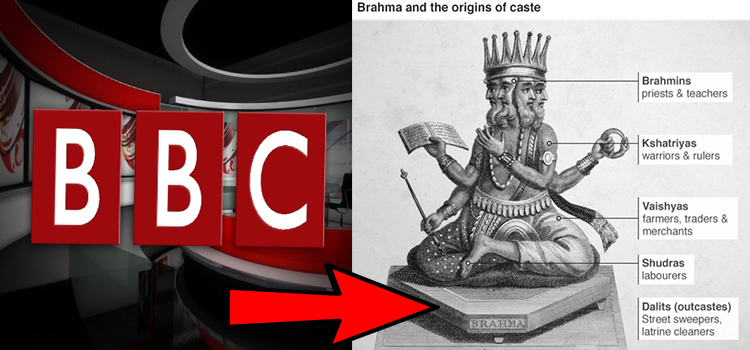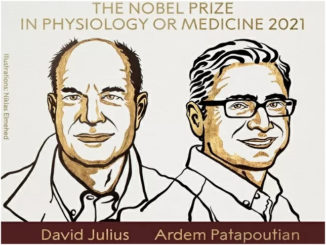
WASHINGTON (TIP): Shown on BBC One, a new documentary strand of five films a year will reportedly explore faith and ethical issues in all the major religions in stimulating and contemporary new ways, including Hinduism.
Hindu statesman Rajan Zed, in a statement in Nevada (USA), August 3, welcomed British Broadcasting Corporation (BBC) for the idea of producing films on Hinduism, calling it a step in the positive direction.
Zed, who is President of Universal Society of Hinduism, hoped that BBC would project Hinduism in these films accurately and basing on the ancient Hinduism scriptures and not reimagine Hinduism concepts and traditions to fit its agendas.
Moreover, we would like BBC to show fairness to Hinduism by broadcasting more Hindu programs and dedicating more hours to Hinduism, Rajan Zed stated.
According to a 2016 report in The Sunday Times, “The BBC is too Christian in its religious output, according to an internal review, and should increase its Muslim, Hindu and Sikh programming”.
Zed urged BBC Director-General Lord Tony Hall to seriously and honestly look into this and increase broadcasting of Hinduism related programs and issues substantially on BBC TV, radio and online.
Hinduism was highly underserved at BBC, Rajan Zed stressed.
Zed pointed out that multi-culturalism had been fast growing in United Kingdom (UK) and it was now a diverse society formed of various religions and denominations and non-believers, but BBC had not kept pace with it. Hindus deserved more airtime at BBC and live aarti broadcasts from major Hindu temples in UK should regularly feature in BBC schedules. It was time for the disproportionate religious output at BBC to end, giving way to evenly distributed time among various religions/denominations/non-believers.
BBC should also ensure adequate coverage of Diwali, Holi, Krishna Janmashtami, Maha Shivaratri, Ram Navami, Ganesha Chaturthi, Navaratri, Duserra, Hanuman Jayanti, Makar Sankranti, Yugadi and other Hindu festivals, Rajan Zed added.
Hymns from ancient Sanskrit scriptures, contemporary bhajans and Hindu sermons should regularly form part of BBC One’s about 54 years old “Songs of Praise” program, one of the world’s longest-running religious television series. Hindu hymns, songs and faith stories were also highly inspiring, warm and engaging; and moreover, God liked all songs-of-praise, irrespective of the religion these came from, Zed indicated.
Rajan Zed further said that BBC, being “a public service broadcaster funded by the licence fee paid by UK households”, including the Hindu households, should have been more responsible and inclusive in its religious programming. It should not ignore “other” faiths in its content and productions, and across its various channels and services.
Zed requested the intervention in this multi-faith issue of The Archbishop of Canterbury Justin Welby, whose “priorities” included “people, communities and nations learning to live together with deeply-held differences – in a spirit of love and respect”.
Rajan Zed noted that BBC; whose “values” included “celebrate our diversity” and “great things happen when we work together”; and whose “purposes” included “reflect, represent and serve the diverse communities”; should show some maturity on this issue. BBC should take religion more seriously, and help us build interconnections and create harmony.
Zed also urged Ofcom Chairman Dame Patricia Hodgson and Chief Executive Sharon White to thoroughly investigate this matter as the license fee placed a duty on the BBC to serve all audiences.
BBC labeled “yoga” as “fad” in 2013. BBC also labeled Hindu festival of Holi as “filthy festival” in 2012 to which it apologized later. BBC has been blamed in the past for racism, imperialist stance, Indophobic bias, anti-Hindu bigotry, anti-American bias, etc.
Launched in October 1922, headquartered in London, and established by a Royal Charter; BBC claims to be the “world’s leading public service broadcaster”. Every UK viewer needs to have a TV License, which costs £147.
Hinduism, oldest and third largest religion in the world, has about 1.1 billion adherents and moksh (liberation) is its ultimate goal.





Be the first to comment